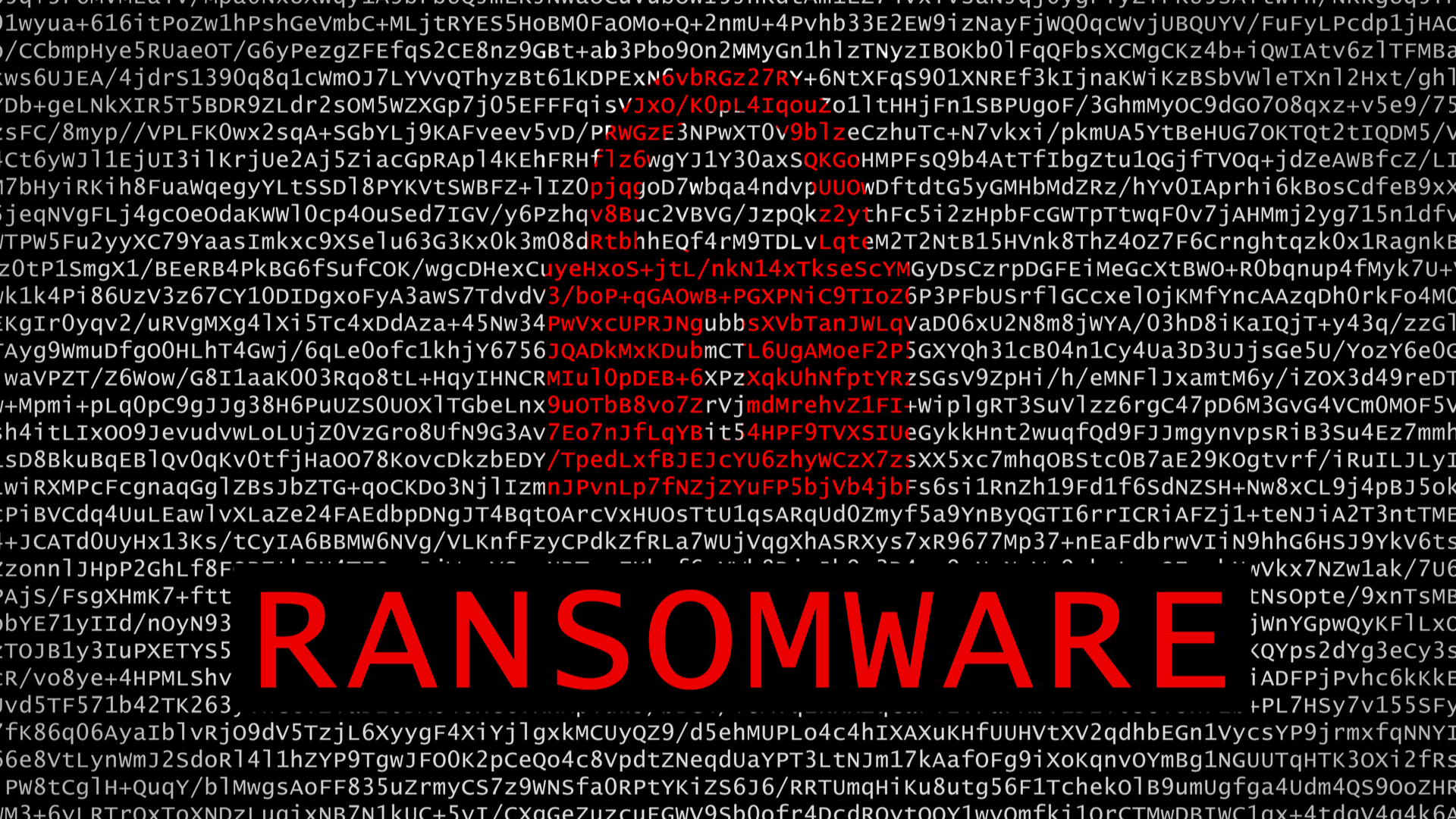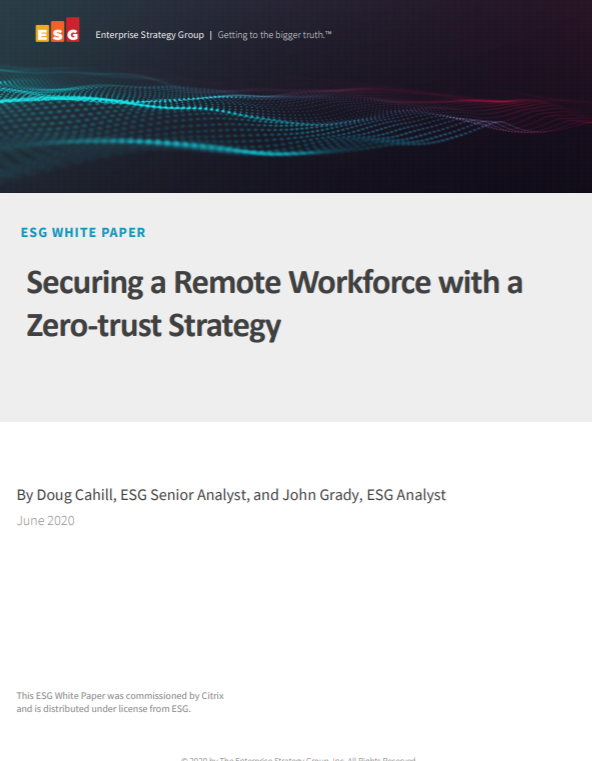Ryuk ransomware earnings top $150 million
The devastating strain is now among the most widely-deployed following several high-profile attacks in 2020


Sign up today and you will receive a free copy of our Future Focus 2025 report - the leading guidance on AI, cybersecurity and other IT challenges as per 700+ senior executives
You are now subscribed
Your newsletter sign-up was successful
The operators behind the notorious Ryuk ransomware family, one of the world’s fastest-spreading strains, have earned more than $150 million (roughly £110 million) through criminal activity to date.
The ransomware strain has targeted high-profile organisations across the world in recent months, accruing millions of dollars in ransom payments, normally in Bitcoin from a single broker, according to research by Advanced-Intel and HYAS.
The most popular ransomware strains targeting UK businesses Maze ransomware gang retires from cyber crime The truth about ransomware
Analysis of Bitcoin transactions from known Ryuk addresses has revealed a criminal enterprise estimated to be worth more than $150 million, with ransom payments sometimes amounting to millions of dollars at a time.
Several major organisations have fallen at the hand of Ryuk last year, including French IT services giant Sopra Steria, which confirmed in October it was targeted in an attack that took weeks for the firm to recover from. This incident reportedly cost the company up to €50 million (approximately £45 million). Ryuk has also targeted healthcare organisations in the past, including attacks on several US hospitals in September last year.
Advanced-Intel researcher Vitali Kremez previously revealed in November 2020 that Ryuk’s largest ransom payment was 2,200 Bitcoins, worth $34 million (roughly £25 million) at the time. If that ransom was paid today, it would be worth more than $90 million (more than £66 million), due to the recent Bitcoin surge.
The scale of disruption caused by Ryuk is impressive considering it’s a relatively young strain which only rose to prominence in 2020, having previously been relatively obscure. Research shows only 5,123 attacks were recorded in the first three quarters of 2019, for instance, compared to 67 million during 2020, with Ryuk comprising a third of all ransomware attacks last year.
The new research also outlined how precursor malware strains, which infect enterprise systems before Ryuk is deployed, assess targets for how lucrative they may be. These calculate a score based on various factors to determine how likely victims might be to pay a larger ransom, which informs the operators’ next steps.
Sign up today and you will receive a free copy of our Future Focus 2025 report - the leading guidance on AI, cybersecurity and other IT challenges as per 700+ senior executives
The Ryuk hackers are also described as “very business-like” in the report, and “have zero sympathy for the status, purpose, or ability of the victims to pay”. Victims may attempt to negotiate, but the operators commonly respond with a one-word denial. In one case, Ryuk refused to acknowledge the fact that an organisation lacked the means to pay due to being involved in poverty relief.
The researchers cited various steps that organisations can take to best protect themselves against being hit by Ryuk or any of the precursor malware strains, including Emotet, Zloader, and Qakbot among others.
RELATED RESOURCE

Securing a remote workforce with a zero-trust strategy
Why zero-trust is the latest foundational cyber security construct for the modern workplace
These approaches include restricting the execution of Microsoft Office macros to prevent malicious scripts from running in enterprise environments, as well as ensuring all remote access points are up-to-date and require multi-factor authentication (MFA).
Finally, organisations should consider the use of remote access tools as especially risky, including Citrix and Microsoft remote desktop protocol (RDP). The exposure of these systems should, therefore, be limited to a specific list of IP addresses when their use is required.

Keumars Afifi-Sabet is a writer and editor that specialises in public sector, cyber security, and cloud computing. He first joined ITPro as a staff writer in April 2018 and eventually became its Features Editor. Although a regular contributor to other tech sites in the past, these days you will find Keumars on LiveScience, where he runs its Technology section.
-
 Ransomware gangs are sharing virtual machines to wage cyber attacks on the cheap – but it could be their undoing
Ransomware gangs are sharing virtual machines to wage cyber attacks on the cheap – but it could be their undoingNews Thousands of attacker servers all had the same autogenerated Windows hostnames, according to Sophos
-
 Google issues warning over ShinyHunters-branded vishing campaigns
Google issues warning over ShinyHunters-branded vishing campaignsNews Related groups are stealing data through voice phishing and fake credential harvesting websites
-
 The FBI has seized the RAMP hacking forum, but will the takedown stick? History tells us otherwise
The FBI has seized the RAMP hacking forum, but will the takedown stick? History tells us otherwiseNews Billing itself as the “only place ransomware allowed", RAMP catered mainly for Russian-speaking cyber criminals
-
 Everything we know so far about the Nike data breach
Everything we know so far about the Nike data breachNews Hackers behind the WorldLeaks ransomware group claim to have accessed sensitive corporate data
-
 There’s a dangerous new ransomware variant on the block – and cyber experts warn it’s flying under the radar
There’s a dangerous new ransomware variant on the block – and cyber experts warn it’s flying under the radarNews The new DeadLock ransomware family is taking off in the wild, researchers warn
-
 Hacker offering US engineering firm data online after alleged breach
Hacker offering US engineering firm data online after alleged breachNews Data relating to Tampa Electric Company, Duke Energy Florida, and American Electric Power was allegedly stolen
-
 Cybersecurity experts face 20 years in prison following ransomware campaign
Cybersecurity experts face 20 years in prison following ransomware campaignTwo men used their tech expertise to carry out ALPHV BlackCat ransomware attacks
-
 15-year-old revealed as key player in Scattered LAPSUS$ Hunters
15-year-old revealed as key player in Scattered LAPSUS$ HuntersNews 'Rey' says he's trying to leave Scattered LAPSUS$ Hunters and is prepared to cooperate with law enforcement

